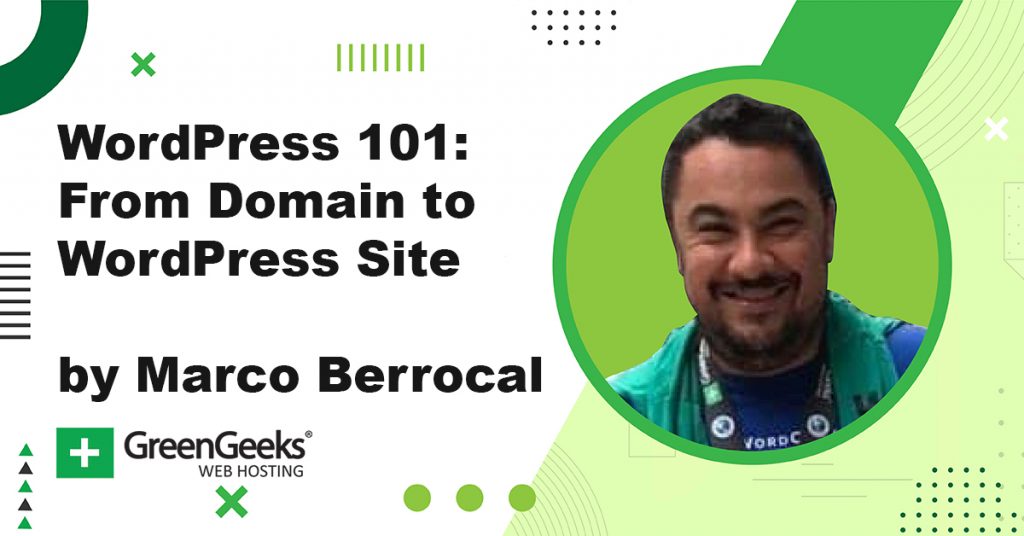Black Friday, Cyber Monday, and the holiday season are make-or-break moments for eCommerce businesses. With shoppers flooding search engines and scrolling for the best deals, this is your golden opportunity to maximize sales.
These high-traffic days come with fierce competition, and standing out is no easy feat—especially for smaller eCommerce businesses with tight budgets. The surge in holiday shoppers makes search engine visibility essential, but competing against countless retailers demands a smart, targeted approach.
To cut through the noise, your SEO strategy needs to be focused and impactful, driving results where they matter most.
In this webinar, Lindsay Halsey, Co-Founder of Pathfinder SEO, outlines seven key points for maximizing visibility, engaging customers, and driving sales during the peak holiday season.
1. Use a Funnel Strategy for Keyword Research
Keyword research is foundational for SEO, but with so many things to consider, it can feel overwhelming. The key is to take a structured approach by organizing keywords according to a funnel strategy.
Start with keywords on content that build awareness, transition to those that focus on considering your products, and finally, incorporate these keywords on a conversion-focused copy.
This funnel approach aligns with customer journey stages and helps ensure that the business captures potential buyers at all stages. Since customers typically require multiple touchpoints before purchasing, covering every stage maximizes the chances of conversion.
2. Content Optimization is Essential
For eCommerce SEO, content is king. Optimizing category pages (like collection pages) can significantly improve search engine rankings. These pages should include:
- Keyword-friendly headers
- Brief introductions that describe each product category
- FAQs answering common customer questions
- Customer testimonials to build trust
These content elements serve two purposes: they help your pages rank for relevant keywords and enhance the user experience by providing valuable information.
3. Leverage Automation to Scale Your Efforts
With many products to manage, eCommerce sites benefit from automation tools for scalability. Plugins like Yoast, All-in-One SEO, and RankMath enable businesses to set up templates for page titles and meta descriptions, simplifying SEO implementation.
After setting up your product pages, focus on top-performing products by manually customizing titles and descriptions for added relevance.
Automation also makes it easier to handle technical tasks, such as batching 301 redirects or using regex for site redesigns. AI plugins are another tool that can help with alternative text for images.
4. Phasing SEO Work by Impact
The holiday rush makes it crucial to prioritize SEO work in a phased manner. Businesses can choose to phase work by:
- Business impact (i.e., focusing on changes likely to yield the highest sales)
- Search volume (i.e., addressing keywords that drive the most traffic)
For example, if certain category pages have high traffic potential, prioritize optimization efforts there. Phasing allows businesses to focus on high-impact areas first, ensuring resources are allocated to the most promising tactics.
5. Testing Strategies for Measurable Impact
Before fully committing resources, it’s wise to test SEO strategies on a small scale to measure impact. Identify three high-potential areas for improvement, such as product category pages needing introductory copy or old blog posts that could be revamped.
Implement changes on a limited basis (e.g., adding introductory copy to three top-performing collection pages) and monitor results for a few weeks. Testing helps refine strategies based on actual performance so that only effective tactics receive more investment.
6. Leverage Schema Markup for Product Pages
Schema markup provides structured data that Google and other search engines use to better understand content on your site. For eCommerce, this is especially valuable for product pages, as it helps search engines categorize your products more accurately. Google’s Rich Result Test is a simple way to verify that schema is correctly implemented on your pages.
7. Link Building Remains Important
Link building continues to be an important factor in SEO. Backlinks from authoritative sites boost your domain authority, and this makes it easier for your pages to rank.
Creating high-quality content is the best way to attract links organically, but a proactive outreach strategy can also be effective. Whether through guest blogging, partnerships, or influencer marketing, acquiring quality backlinks helps solidify your place in search rankings.
Seize the Season with Strategic SEO Tactics
Stand out from the competition with an SEO approach that not only drives traffic but also creates a seamless, informative, and engaging shopping experience for customers.
By leveraging smart keyword targeting, optimized content, automation, and strategic testing, you can drive more visibility, attract holiday shoppers, and boost conversions. With the right tactics in place, your business won’t just keep up with the holiday rush—it’ll thrive.



